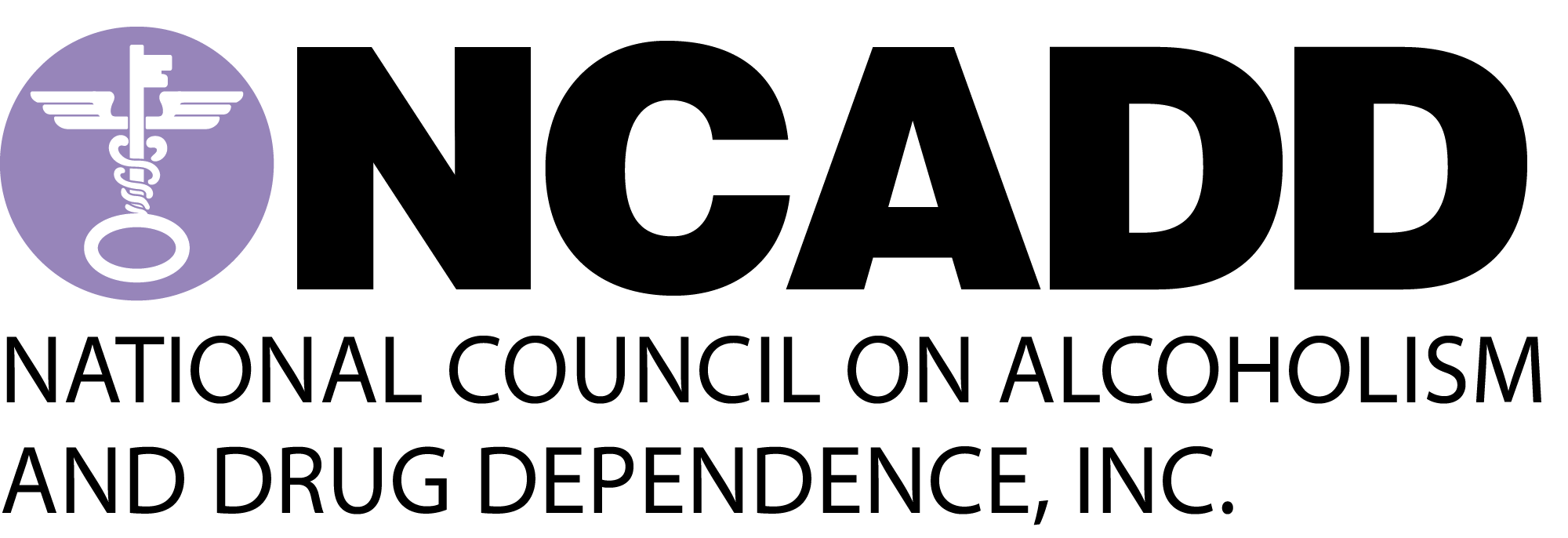Our History
NCADD is the leading advocacy organization in the world addressing alcoholism and drug dependence. Since its founding in 1944, NCADD has raised public awareness about addiction throughout the United States and increasingly across the global community.
The NCADD’s History
Founding NCADD
Marty Mann, one of the first women to achieve sobriety in Alcoholics Anonymous, organized the National Committee for Education on Alcoholism (NCEA) in 1944, which later became the National Council on Alcoholism (NCA) in 1950, and then the National Council on Alcoholism and Drug Dependence (NCADD) in 1990 to address concern with other drugs.
Marty made two important policy decisions when she started NCADD:
- For NCADD to be a credible agent for changing people’s attitude and understanding of alcoholism, it would need the involvement and support of the medical scientific community; and
- To change people’s attitude and understanding meant changing people’s behavior, so NCADD must offer professionally trained counseling services at the local level where people live and need help.
Therefore, today NCADD continues to operate on two parallel tracks – the National level and the community level — and today there are NCADD Affiliates across the United States offering critical recovery support services and providing a powerful network of support for those suffering from alcoholism and addiction — friends and family members alike.
NCADD Highlights (1944-2015)
- Aroused public interest in alcoholism and drug dependence and formulated pioneering public education campaigns based on scientific information.
- Engaged the medical profession in the treatment and rehabilitation of alcoholics and addicts, casting alcoholism and drug dependence as a medical problem rather than a moral problem.
- Established early contact with the national press, general public, business and municipal organizations, universities and medical associations to provide information and education about alcoholism and drug dependence.
- Originated the Employee Assistance Program (EAP) concept within America’s corporations and labor unions, publishing the first EAP Program Standards and EAP Manual, saving corporate America millions of dollars each year.
- Helped establish teaching programs on alcoholism and drug dependence in lay and professional schools.
- Initiated Alcohol Information Week which was recognized by Presidents Dwight D. Eisenhower, John F. Kennedy, and Lyndon B. Johnson, and currently sponsors nationally-recognized Alcoholism Awareness Month in April.
- Defined alcoholism as a disease and successfully worked for its adoption by the American Medical Association (AMA).
- Sponsored Operation Understanding which brought together more than 50 well-known and widely respected public figures to announce their recovery in Washington, DC. Newsweek magazine later called it one of the most important news stories of the ‘70s.
- Campaigned for government recognition of alcoholism as a treatable disease, paving the way for the creation of the National Institute on Alcohol Abuse and Alcoholism.
- Developed “Medical Criteria for Diagnosis of Alcoholism,” which was jointly published by the American Journal of Psychiatry and the Annals of Internal Medicine, setting professional standards for the diagnosis and treatment of alcoholism for the first time.
- Successfully advocated for insurance coverage for alcoholism and addiction treatment equal to other illnesses.
Additionally, NCADD, played a key role in helping to start several important organizations:
- Employee Assistance Professionals Association (EAPA)
- National Nurses Society on Addiction (NNSA)
- Research Society on Alcoholism (RSA)
- American Society of Addiction Medicine (ASAM)
Now, as NCADD moves into its eighth decade, the NCADD board and Affiliates remain committed to fighting alcoholism, drug addiction and the devastating consequences on individuals, families and communities, reconfirming what Marty Mann started in 1944: spreading hope, help and healing to those in need.
For additional information about our history, see NCADD’s Timeline of Significant Events.
